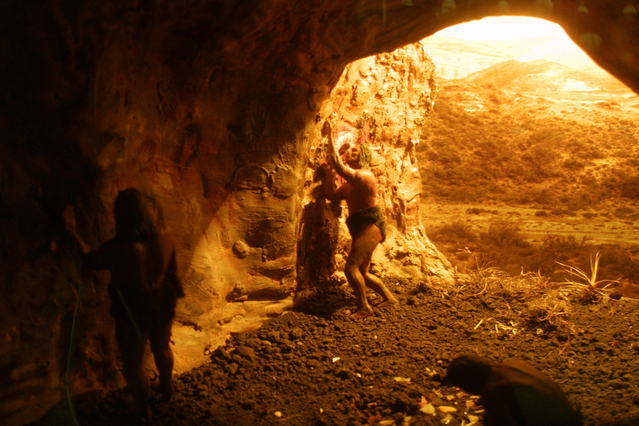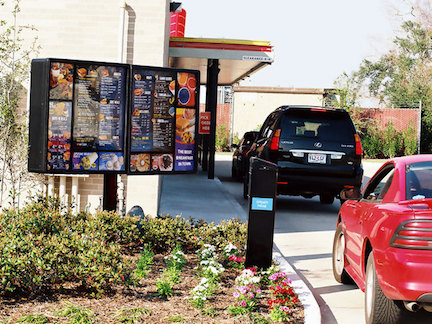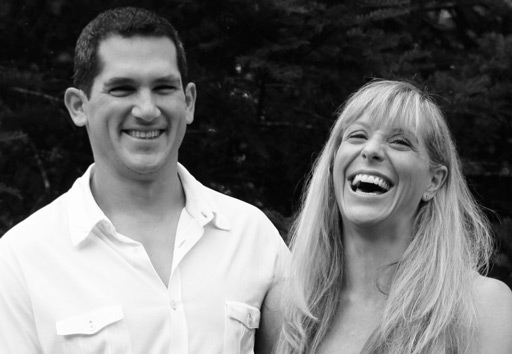Tell me when you walk into a bakery or smell a barbecue you don’t get hungry. I do. When you sit on a comfy couch or lie down in bed, your body craves to stay there. It happens to me. Deep down we are pulled by something left over from a time when this kept us alive. It is only natural that all we want to do is eat and rest. But it’s not working for us today.
Realizing this evolutionary vestige is a key step to improving our health and energy. It can help us combat with weight gain and increase vitality.
Survival in a Harsh World
For thousands of years, our ancient ancestors lived in a harsh world. Their next meal was a thing of uncertainty. Feeling safe from attack and comfortable enough to unwind was far rarer than it is today.

Food had to be foraged or hunted and this could be a strenuous and uncertain task. When wild edibles were found or a hunt resulted in a successful kill, it was like hitting the jackpot. There was often large gaps between successes.
The bottom line of this type of existence was that if you had food, you better fill yourself up. After all, it could be a while until you ate again. Of course, methods to preserve, store and carry food were strived for. Eventually, farming reduced this struggle but millennia of being at the mercy of the weather, geography and the ebb and flow of nature’s bounty has hardwired us with this obsolete survival instinct.
Like all living organisms, at our core, we are compelled to survive. That’s why all we want to do is eat.
Similarly, we want to rest.
The hunter-gatherers that predated modern civilization and agriculture had to dramatically exert themselves physically to be successful on the hunt. They also had to carry heavy loads for long distances, constantly crouch down or climb to collect food and potential resources. They were forced to run for their lives from predators, other aggressors and nature’s hazards.
When they found a cave or shelter, had food and felt secure, survival dictated they stay put. They needed to rest to build up strength, heal, conserve their energy to last through the next ordeal, famine, migration or challenge.
If there were public service announcements back then, they might have gone like this: Got cave? Great! Eat and rest as much as you can.
It’s Not Our Fault All We Want to Do is Eat and Rest
This survival mechanism created an all I want to do is eat or rest compulsion that helped assure survival in their tough world of scarcity but it’s killing us today in our world of abundance.
While the world has changed dramatically, we have not evolved very much. Our nature still pushes these ancient behaviors. After all, it helped us make it this far. Overeating and sedentary impulses might serve us well if we didn’t have all the comforts of modern life.
The thing is with our air conditioned homes, plush furniture, mechanized transport, stocked fridges and food available for pick-up, delivery and purchase from countless sources, we don’t need to tap into ancient survival habits.
Today, excessive eating and resting have resulted in the rise of obesity, diabetes, heart disease and many more health epidemics.

Surviving and Thriving Today
Recognizing that we have an innate compulsion to eat and rest, empowers us to recognize these desires as something to NOT act out on. In fact, the opposite action is more likely correct. Most of us would do well to eat a little less and less frequently and move quite a bit more while avoiding extended sedentary spells.
Just because I feel like eating or find the idea of reclining on the couch appealing doesn’t mean it is good for me or will result in the rewards my ancient brain thinks it will.
It’s time to aid evolution, recognize the abundance in our lives and consciously put down the fork and get up from the Lazy Boy.
If All You Want to Do is Eat…
- Drink water instead – Quenching thirst can subdue hunger. Both hunger and thirst arise from the hypothalamus region of the brain. Hunger can be confused for thirst. I wrote about this in Always Hungry: The Skinny on Cravings and Gaining Control.
- Chew slower when you eat – This way you will eat more of the time because it takes longer but you also absorb more nutrients due to better releasing of digestive enzymes in the saliva from chewing.
- Consider reducing carbohydrate intake – Simple carbohydrates, sugar in all forms and processed carbs all give quick and short-lasting energy. The result is greater hunger and greater cravings.
- Be mindful – Do you really need food? Are you truly hungry? Is there some other reason you are eating? These are questions to ask ourselves before we reflexively snack or go get seconds.
- Consider intermittent fasting – Intermittent fasting (IF) has many benefits. It is actually the way our ancestors lived when they had to endure the lulls in food availability. Perhaps, this is why many people report greater mental clarity and energy when they practice a fast. There are many different forms of IF. Without getting into great detail, eating during an 8-hour window and refraining for the rest is a fairly popular approach. I practice this approach and other variations and often find my hunger is non-existent. Counterintuitively, once I start eating, often all I want to do is eat. There are some tricks and tips to make IF easier which I will share in an upcoming article.
If All You Want to Do is Rest…
- Make sure your rest is quality – Too often we are sort of resting. Stressed out and sitting in a comfortable chair is not resting. Neither is watching action movies late at night while lying on the couch. It might seem like it but quality rest happens when our circadian rhythms are synched to nature and our cortisol levels are not spiked at the wrong times. Good quality sleep is key as detailed in the Restorative Sleep Guide. When it is dark relax, avoid artificial lights or block the blue light with filters and glasses.
- Recognize that exercise does not replace movement – Many of us workout for an hour or so a few times a week. That’s great but it doesn’t negate the ill effects of sitting and prolonged sedentary bouts. With a little bit of effort, you can break up idle times and improve your health in ways exercise can’t. I detail this in Move Beyond Exercise.
- Momentum – Think Newtonian physics here and his first law of motion: an object in motion stays in motion… I don’t know about you but when I’ve fallen out of an exercise routine or grown accustomed to a lot of sitting around it becomes harder to get moving, exercising and motivated. Build movement and exercise habits and when you slip up, get back to it sooner rather than later.
- Be Mindful – Will you feel better if you remain inactive? How will you feel if you get up and get that blood flowing? Understanding that activity, low-intensity and high intensity, is good for us in the right dosages (which has become much harder in the modern world than in eras past), can inspire us to take the right steps.
Consciously Evolving into Today’s World
It’s important to recognize the evolutionary biology that remains with us from the past. Old operating systems can push our nervous systems into a sympathetic state when there is no Sabertooth tiger chasing us.
It seems since we don’t have the same real dangers that use to exist, we perceive things like traffic, angry bosses and full inboxes as dire as the presence of a predator. Being in a fight-or-flight state is good in an emergency but too often we find ourselves wired without due cause and to our detriment.
We are lucky to live in these times but part of our biology doesn’t realize that. If all we want to do is eat and rest then it is valuable to consciously combat these instincts while also making sure we are not undernourished and constantly stressed. It’s a balancing act and today we have great opportunities to refine our lifestyle. Striving to be self-aware while practicing both self-care and self-improvement seems to be a solid road to a healthy, energized modern existence.
If all we want to do is eat and rest then it is valuable to consciously combat these instincts while also making sure we are not undernourished and constantly stressed. It’s a balancing act and today we have great opportunities to refine our lifestyle. Striving to be self-aware while practicing both self-care and self-improvement seems to be a solid road to a healthy, energized modern existence.

Timing is everything … I’m currently on the third day of a 3-day fast. I don’t have a lot of energy, but I’m not in a coma either … and I do feel some degree of mental clarity, I think.
I’ve spent a lot of the time reading, and catching up on videos, podcasts & course work … oh yeah, and reading blog posts…. 😉
Very enlightening perspective. I’m not currently doing IF — it hasn’t worked well for me in the past — but I may give it another try after this current herbal tea/juice fast.
You’re raising great points Brad. Finding that fine balance between getting the necessary rest and nourishment, and a healthy resistance to what can become lethargy is an art.
I really agree with Momentum, once you get new practices started, it’s simply easier to let them roll.
Thanks for a great article!
Well said, Catarina!